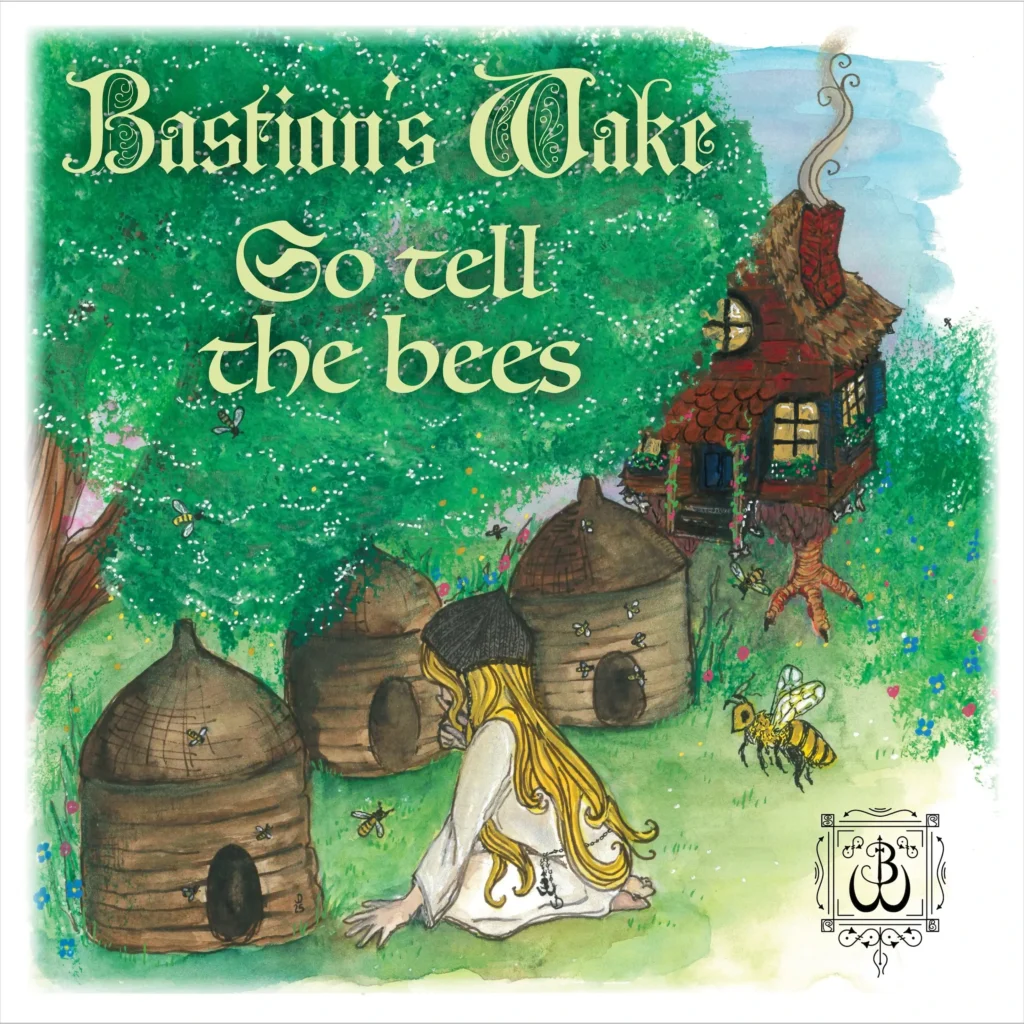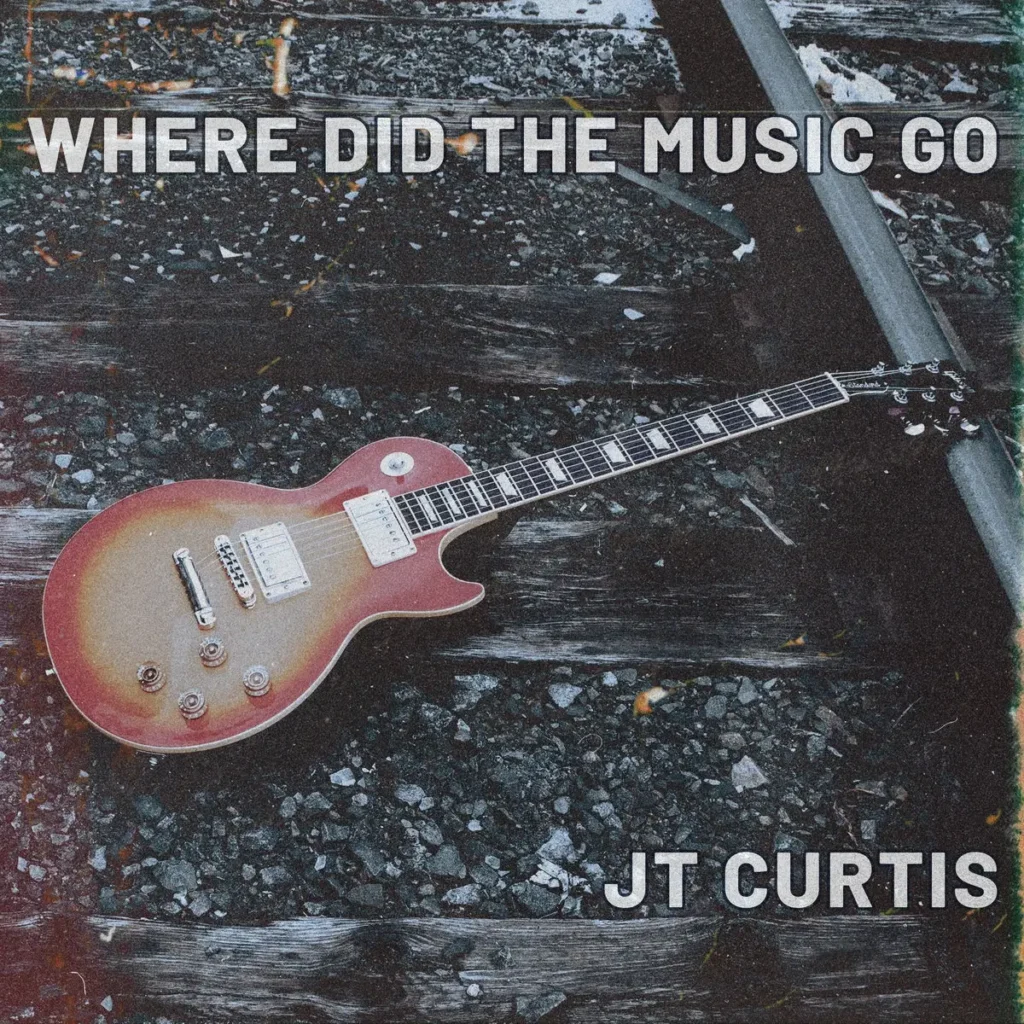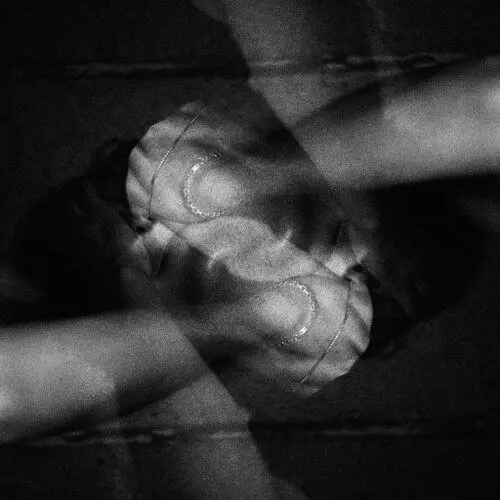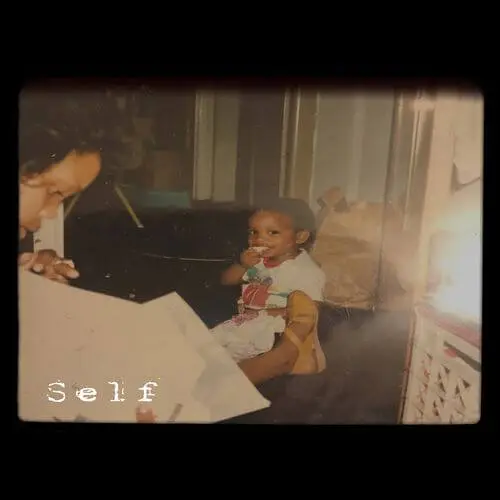On my last deep-dive on Bastion’s Wake, you’ll remember his central argument: that the band’s debut showed a lot of potential. It was a blueprint, a proof-of-concept; the sound of musicians circling the perimeter of something bigger, stranger, and more emotionally ambitious than their own early confidence could fully articulate. Go Tell the Bees, their sophomore album, is essentially the moment they kick that perimeter down, walk through the rubble, and say, “Right. Let’s actually do this.” And they do. Loudly.
This album is Bastion’s Wake shaking off the last remnants of creative hesitation and finally stepping into the version of themselves they kept hinting at. It’s heavier, sadder, prettier, and more cinematic, sometimes all within the same track. It feels like the band stopped worrying about pleasing genre gatekeepers and instead decided to build a world. One full of grief, loss, ghostly memories, buried promises, and the uncomfortable kind of hope that shows up only when you’ve run out of more convenient options.
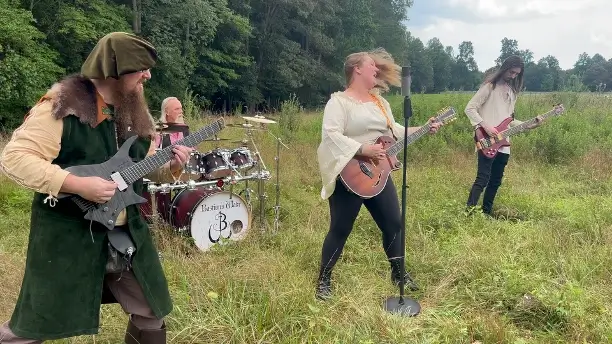
The band recorded the album at Electric Fossil Studios in Milford, DE, with engineer Kirby Fitzgerald capturing performances that sound less like studio takes and more like exorcisms. Øystein G. Brun at Crosound Studio then wrapped those recordings in a production style that feels like a hybrid between a metal soundtrack and a dark fantasy film; sweeping without being sugary, massive without smothering the core emotion. It’s the kind of production that takes a band’s rough edges and frames them in a way that makes them feel intentional, even mythic. Every track feels like the product of musicians who know not just what they’re playing, but why they’re playing it.
The opening track (if you don’t count the one-minute intro) “Willow’s Ruse” immediately declares that this is a major shift from the band I reviewed the first time around. Where their debut occasionally masked its grief behind speed or bombast, Go Tell the Bees uses restraint as a weapon. The guitars don’t charge; they loom. The drums don’t explode; they threaten. The whole thing feels like a funeral procession that keeps looking over its shoulder because it knows something is following behind it.
Another highlight comes in “Pathos,” which feels like the album’s emotional fulcrum. Bastion’s Wake leans harder into their doom influences here, letting the sadness breathe at its own glacial pace. The track swells with a sense of inevitability. Not melodramatic despair, but the quieter, heavier kind that sits with you like a stone in your chest. It’s the kind of track where the lyrics don’t even need to land because the chords already did all the talking thirty seconds in.
“Tiny Box” is where the band really reveals the theme of the record: containment. The things we hide, the memories we store in mental Tupperware, the parts of ourselves we only open when absolutely necessary. Musically, it’s one of the more adventurous pieces; clean passages break open into melodic death riffs, the rhythm section pulses like a living organism, and the vocals move between tenderness and fury with ridiculous ease. If their debut hinted at this range, the new album practically weaponizes it.
But the real triumph of Go Tell the Bees is its emotional honesty. This is not an album interested in melodramatic shortcuts or easy catharsis. Its grief is jagged, its hope reluctant. The lyrics aren’t poetic in the embroidered sense; they’re poetic in the “this hurts because it’s real” sense. And when the final track fades, there’s no triumphant proclamation of healing; just the faint, persistent hum of a band that has decided to keep going anyway. Honestly, that feels more heroic than any power-metal finale ever could.
And thank God: this album is structured like a narrative, not a playlist. Each track feels like a chapter moving the emotional arc forward. The pacing is deliberate, the transitions thoughtful, the callbacks between songs subtle but meaningful. When the album dips into more symphonic territory with the soaring arrangements and the cinematic soundscapes; it feels earned and not at all ornamental.
Bastion’s Wake has grown; not in the corporate “expanded brand footprint” sense, but in the “we’ve gone through some things and are now fundamentally different people” sense. This album is messy, ambitious and beautifully haunted. With Go Tell the Bees, Bastion’s Wake doesn’t just level up; they arrive.
Follow Bastion's Wake
Promoted Content
About the Author

A tenured media critic known working as a ghost writer, freelance critic for publications in the US and former lead writer of Atop The Treehouse. Reviews music, film and TV shows for media aggregators.
